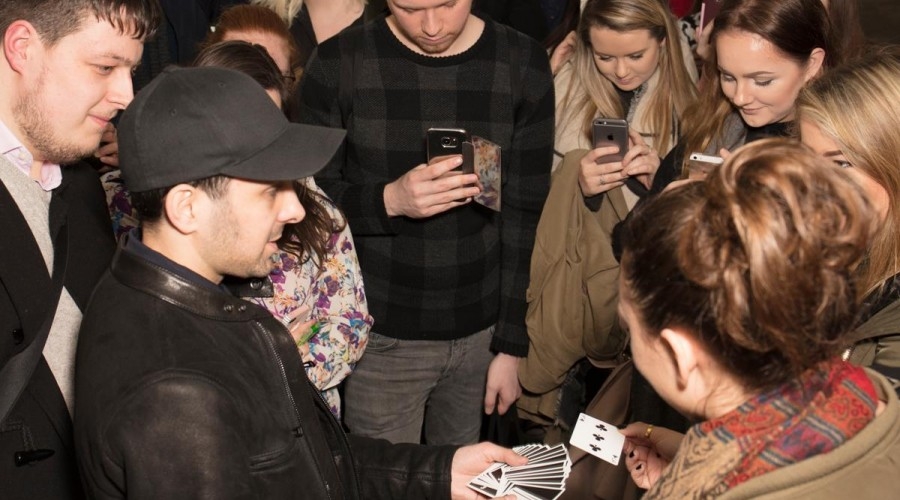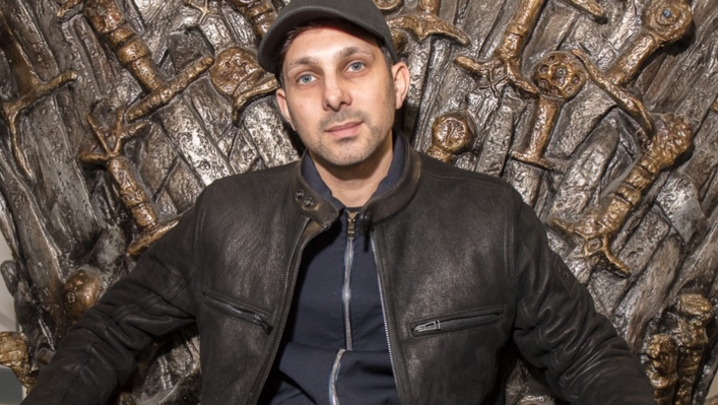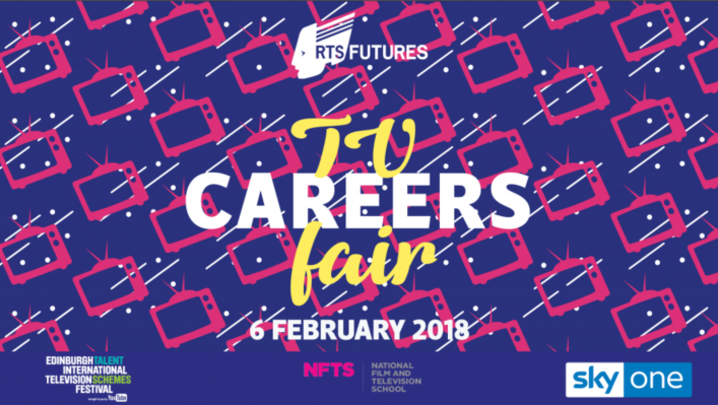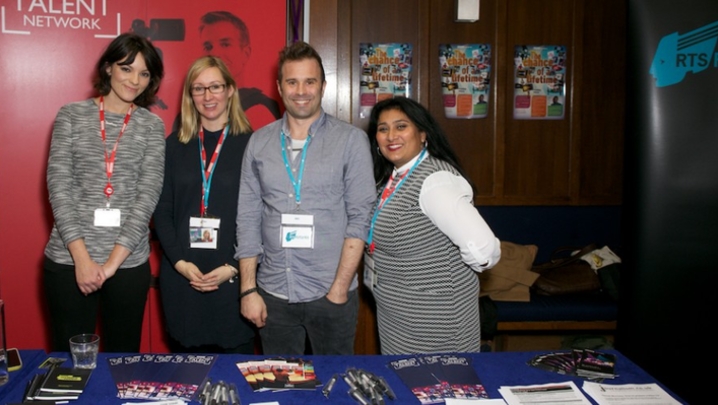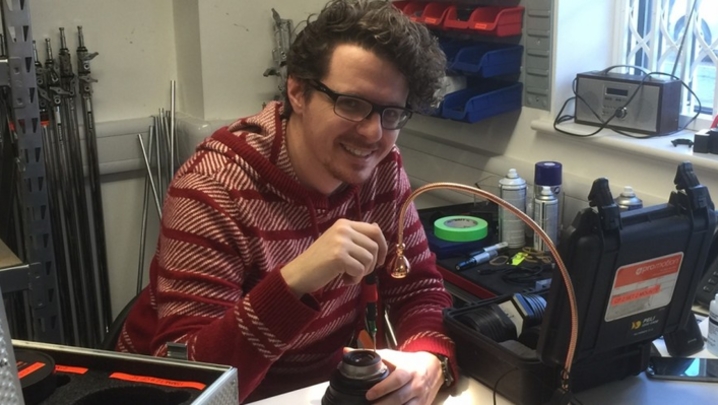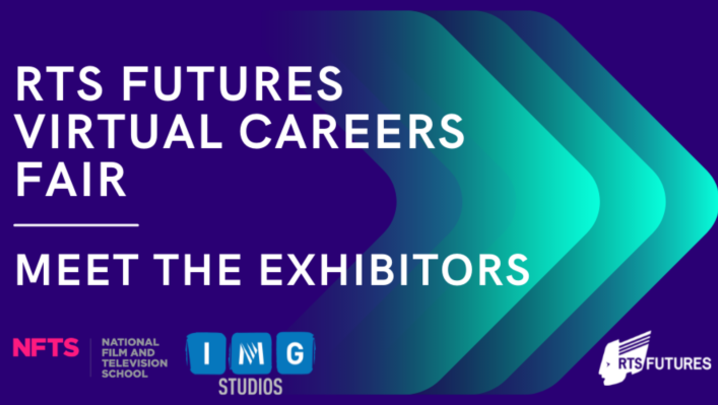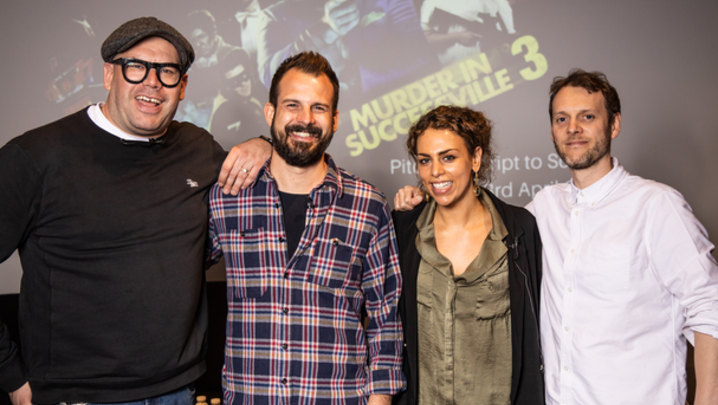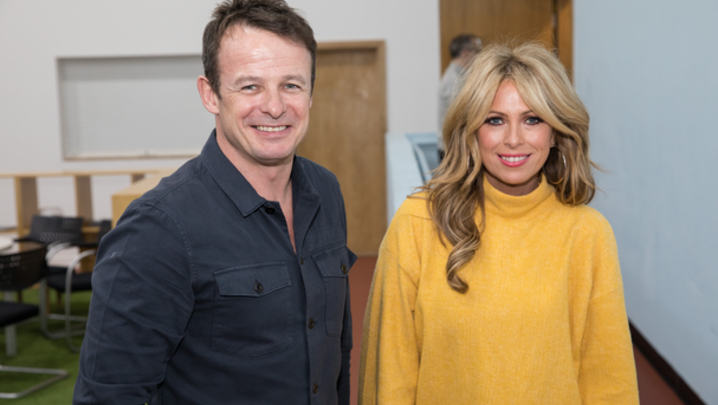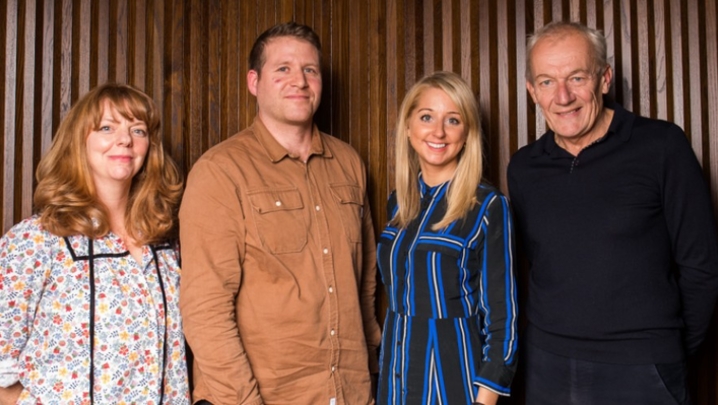RTS Futures celebrated its most successful careers fair yet.
Eight sessions during the day featured some of TV’s biggest names as well as its rising talent. More than 30 broadcasters, indies and industry bodies took stands in the exhibition hall, offering the inside track to the telly hopefuls. TV magician Dynamo and ITV News presenter Charlene White also made appearances during the day.
Some 900 tickets were sold for the event, which was held in Islington, London on 1 February – with another 400 on the waiting list.
A panel of RTS Awards winners revealed the secrets of their success, including Shine creative director Tim Whitwell who developed Channel 4’s The Island with Bear Grylls. “I always try to work on programmes that I would want to watch,” he said. Whitwell added that, regardless of genre, successful shows “were all about telling stories with strong characters”.
Rob Hifle, whose company BDH won an RTS Craft Award last year for the digital effects on BBC Two science series Countdown to Life, said: “I put our success down to staying small and keeping the [ability] to work on what you want.”
“I’m always trying to do something different, and you want to be commissioned to do something new and fresh,” he continued, before warning that “the TV industry is all about bums on seats, so if [something works] it wants to repeat it”.
“Get ready for your TV job” was aimed at the telly novice. In this session, the MD of TV jobs website The Unit List, Jude Winstanley, nailed some of the common myths about getting a break in telly. “’It’s all about who you know if you want to get into TV’ – that’s a big fat lie,” she said.
Winstanley stressed the need for professionalism, especially in CVs and on social media. “Let’s make sure we’re presenting the best of ourselves,” she said.
RTS Futures Chair Donna Taberer hosted a session on interview tips that included two mock interviews, one good, one bad, with actor Elliot Blagden playing the interviewee.
“It’s a much more democratic industry now,” argued Taberer. “Ten years ago television was more nepotistic.”
BBC head of talent Donald-Iain Brown advised interviewees: “Be honest about yourself, your passions and experience. Don’t be a bullshitter – we will find you out.”
Warning against coming across as “arrogant” in interviews, he added: “This industry is built on relationships – you don’t need a particular qualification to get into it, but the ability to work with people and build relationships [is key].”
A session hosted by the Indie Training Fund offered insights into the work of the telly researcher. “The keys are to show that you’re keen and learn to do all the basics,” advised Betty TV researcher Chitsi Kurangwa.
Ideas are the lifeblood of TV – and for TV newcomers a potential route into the industry. “The biggest short cut to get people to take notice of you is to have ideas,” said Curve Media CEO Camilla Lewis.
“You don’t know when an idea is going to hit you,” said David Flynn. “I’m OCD about having a notebook with me at all times.” The co-founder of Youngest Media created Channel 4 gameshow The Million Pound Drop and co-created BBC One quiz Pointless.
Flynn added that the trick is “to find a way of distinguishing your idea from everybody else’s”. The problem, noted BBC assistant commissioning editor Sohail Shah, is that he receives “a lot of similar ideas at the same time”.
The final session of the day assembled a panel of producers to discuss spotting talent and how newcomers can bring themselves to the attention of TV execs.
Channel Five executive producer Sarah Wood advised: “Make contacts and nurture them, but don’t pester or become a stalker.”
Nevertheless, some flattery can help. “It’s an industry full of big egos – everyone thinks they’re great,” said former RTS Futures Chair Camilla Lewis.
The RTS Futures event, “The Ultimate TV Careers Fair: Getting your first job in TV”, was held at the Business Design Centre in London on 1 February. It was supported by Creative Skillset and the Edinburgh International Television Festival.


